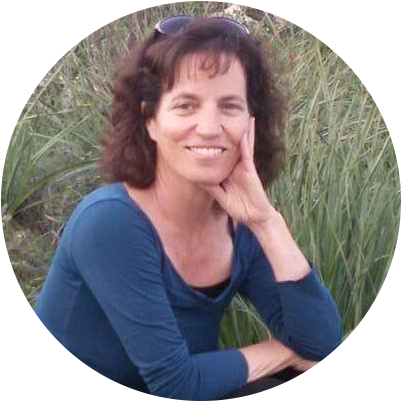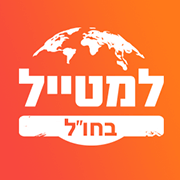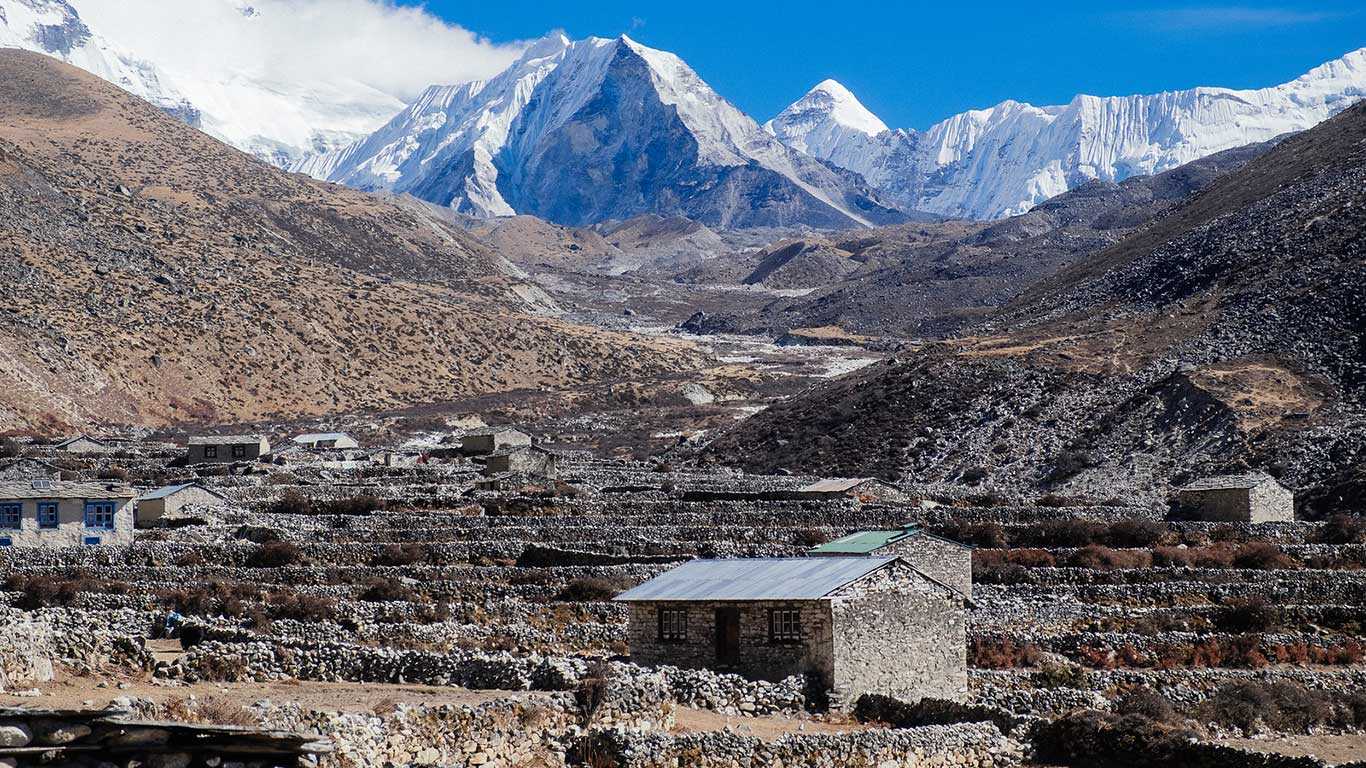Hotel and Lodge on Island Peak Climbing with Everest Base Camp Trek
Redrose Travel arranges it’s best for comfortable and pleasant accommodation and also provides you nourished hygienic food. We will be staying at the standard hotel (rating of 2 – 3 Star) in Kathmandu whereas, in the remote areas, we will be staying at a tea house or a local lodge. We can also arrange luxurious rooms from 4 – 5 Star hotels in the cities with an additional charge but the remote mountainous regions have no such facilities.
Tea houses and local lodges in the remote region will have a usual bed with usual mattress and a pillow. Only a few of them have electricity but the rest rely on lanterns or candles lights. Booking of the room is done prior to the starting of the trek. If in case we are not able to book the room in advance, we can book it upon reaching there as these areas have ample of lodges and tea houses. If for some reason, we aren’t able to book a lodge/teahouse - we can easily set a camp which will be the most adventurous part of the trek itself.
Food and Drinks for Everest Base Camp Trek
Redrose Travel focuses on client’s safety and health and gives it the foremost priority. We make sure that each and every client get the same portion of clean, hygienic and nourishing food which is a very necessary - especially while trekking.
During the trek - all the meals i.e. breakfast, lunch, and dinner are provided inclusive in our package. But in the city, either breakfast or dinner is included. Please go through the detailed itinerary for each day to see which meals are included. During the trek, breakfast and dinner will be served in the same lodge where we spend overnight and our expert trek leader will be taking you to the clean hotels/restaurants for lunch on the way to your destination.
Normal water will be provided free of cost but we suggest you carry water purification pills to purify the water. If you prefer to drink packaged bottled mineral water, you will easily get in shops or tea houses, but the expense should be paid by the client as it is not included in the package.
Best time for Everest Base Camp with Island Peak Trek
Spring is one of the best seasons to trek in the Everest region. In spring, you can see stunning views of ice-capped mountains, vibrant hills, and the Himalayan pastures. Rhododendrons and other spring flowers cover the whole lower area of the trek, adding to the beauty of the landscape. After the heavy snowfall during winter, you will be able to see the snow-covered mountain ranges above Namche Bazar, providing endless picturesque views. The weather is also perfect, days are sunny and warm with longer daylight hours, creating optimal conditions for trekking.
Autumn is also considered the best season for trekking. Clear blue and bright skies and sunny days offer excellent visibility of the mountain ranges. The surrounding hills become lush and green after the monsoon rains, with snow capped mountains in the distance. Daytime would be around 20 degrees Celsius, with nighttime temperatures dropping to around 5 degrees Celsius. Higher altitudes experience colder nights, which go below freezing.
Off Season:
Trekking in Nepal and Everest Base Camp during off-seasons is also quite common. But the Island Peak climb will be difficult and quite challenging. Contact your travel agencies before booking the Island Peak expedition. The weather in the off-season presents a number of difficulties, too. Wintertime problems might also arise from extremely cold temperatures and a lot of snow. Therefore, with thoughtful preparation, it is possible to deal with this off-season weather.
Luggage/Backpack on Island Peak Climbing with Everest Base Camp Trek
Our porters will carry your major luggage while you carry a backpack with items very handy while trekking such as water bottle, towel, tissue or toilet paper, camera or any other stuff which you feel is necessary during your trek. Gears and clothes not needed during your trek can be left in the hotel safe deposit box properly locked without any extra charge. Domestic airlines of Nepal do not allow more than 15 kg including your hand baggage. If your baggage exceeds more than 15 kg, an extra charge will cover that up but isn’t included in our package.
Guide/Porter on Trek
Redrose Travel provides honest porters and well experienced first aid certified, altitude sickness trained trekking guides who will be handling all your issues on the trip. All our staffs are very cordial and sincere. The porter will be carrying up to 10 kg luggage of each client. While trekking in a bigger group i.e. more than 10 people - an additional guide will be provided and the group also can be split according to the number of people in the group.
Group Size, and Crew Member
Redrose Travel arranges Island Peak Climbing with Everest Base Camp Trek trek with a minimum solitary client to a maximum of 8 in a group. The larger group we will be arranged by dividing the groups into two or more according to the number of people. However, although you might be staying in the same lodge - but during your trek - you might be having a different guide.
Personal Expenses on Trek
Personal expenses totally depend upon how extravagant are you in nature. Our package includes the cost of accommodation and meals during your trek as mentioned in the itinerary. Besides that, you are liable to pay for additional meals, table drinks, snacks, hot shower (accessible in some places), alcoholic drinks, entrance fee (around US $ 25 ) for visiting heritage sites of Kathmandu, meals in Kathmandu (around US $ 5-7), tips for driver, guide and porters, etc. Tips to the guides, porter or any other members are not mandatory. You can tip them if you are satisfied with their service.
Available Gears/Equipment
Trekking equipment is readily available in the stores of Kathmandu at a very reasonable price or it can also be hired with a minimal charge per day. So, you don’t have to buy or carry from your hometown.
A Usual Day on Trek
These are the approximate guidelines for a trek on each day which may differ according to the itinerary or schedule or your pace while trekking.
Normally, you are required to trek for 4-6 hours each day. We start our trek after breakfast and stop for the lunch. We trek for 3-4 hours after lunch to reach our destination. If we reach our destination in afternoon, you can spend rest of the hours relaxing, take shower or just wander around.
Greetings at the Airport
After booking and confirming your EBC trek with Island Peak Climbing with us, we suggest you flow all the information such as - your number of days of stay, departure date, returning date, & international flight details (arrival time, flight number). After getting this information, a representative of Redrose Travel can easily pick you up from the airport on time.
After you complete the formalities of the airport and come to the exit gate, you can spot Redrose Travel member holding a placard of your name or Redrose Travel waiting outside the terminal. After meeting and greetings, we will transfer you to the hotel in our private car. If you have booked the hotel by yourself, please let us know in advance, so that we can drop you at your respective hotel.
Changes in the Itinerary
Our regular itinerary of the Island Peak Climbing with Everest Base Camp Trek is 19 days unless you have customized it. The itinerary has been carefully designed by our operation manager which is very pragmatic & includes the high altitude acclimatizing. These 19 days includes your arrival day, departure and sightseeing Kathmandu. It may also have an extra day which allows flexibility to adjust the delay or cancellation of flight due to sudden changes in the Himalayan weather.
If you would like to extend more days or lessen some, we surely can do that as per your wish.
Safety Measures
Client’s safety is our main priority and we make sure that each and every client is well taken care of. If by chance anyone gets sick during the trek, we will take you to the nearest hospital as soon as possible. If the condition is serious – we will use the rescue helicopter to take you to the nearest hospital while all the expenses will be carried out by the travel insurance company. We suggest you get insured for up to 6000 meters.
Booking and Payment
After confirming or booking the trip – all we need is the copy of the passport, insurance policy, and the international flight details (ticket). Then, a 20% advance deposit is required for any trip, trek or expedition which is not refundable - used for reservations of hotels and lodges according to the itinerary.
The remaining balance is due when you arrive at Kathmandu and can be paid by any means convenient to you. We prefer payment via cash (to avoid any extra service charge) but bank transfer, credit cards, western union, and pay pal are also the accepted form of payments.
Flight Delay in Kathmandu and Lukla
Only domestic mountain flight is only available from Kathmandu to Lukla and sometimes the flight might be delayed or canceled due to unforeseen adverse Himalaya weather condition.
This is the reason we have kept an extra day in the itinerary to cover up such situations. In case the flight is canceled for 2 or more days, we will charter a helicopter to make sure that you reach on the scheduled flight to your destination. The expense for this service will be carried out by the insurance company which can be deposited directly in the office of the Redrose Travel. The helicopter charter cost is in between the US $ 500 to $ 3500 depending upon the number of people in the flight.
Permits Required for Trekking in the Everest Region
While trekking in the Khumbu region, you'll need two permits:
- Khumbu Pasang Lhamu Rural Municipality Permit: This permit costs US$20 and is required for all trekkers entering the Khumbu region, which includes the Everest Base Camp trek.
- Sagarmatha National Park Permit: This permit costs US$30 and is required for all visitors entering Sagarmatha National Park, which encompasses the Everest Base Camp trek.
- Nepal Mountaineering Association Permit: This permit is acquired before climbing different peaks in Nepal. The price for the island peak permit is different according to the different seasons.
Winter (December to February): USD 70 per person
Summer (June to August): USD 70 per person
Autumn (September to November): USD 125 per person
Spring (March to May): USD 250 per person
Red Rose Travels will obtain all the necessary permits on your behalf for a hassle-free trekking experience.







